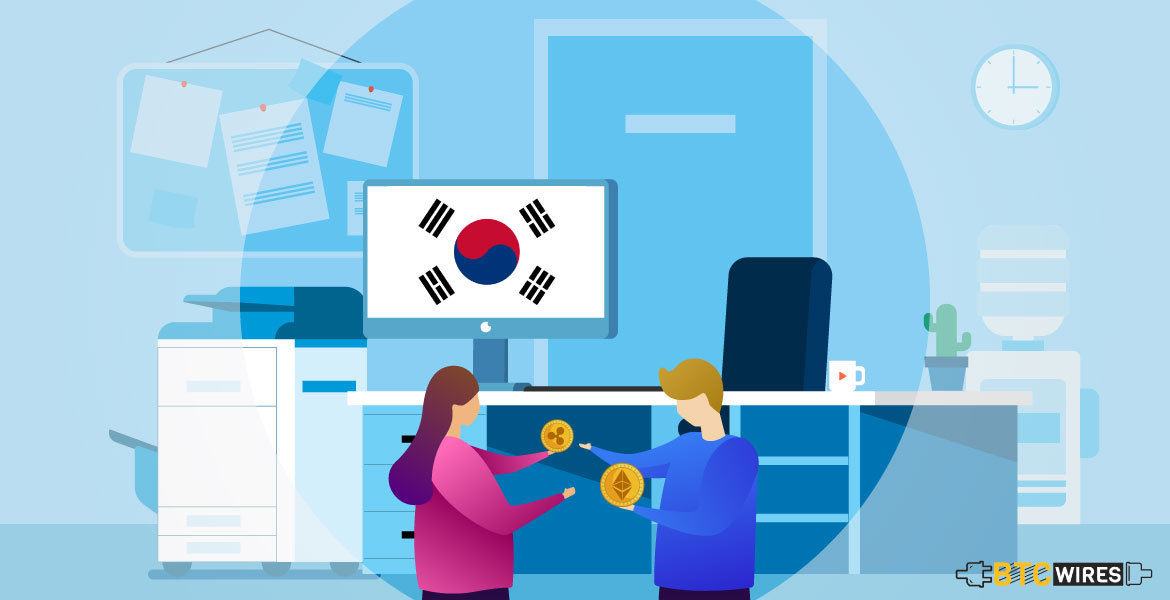The relative anonymity offered by a decentralized protocol of crypto

The relative anonymity offered by a decentralized protocol of crypto transactions has, in spite of its advantages, offered a great degree of security to those who are engaged in acts like money laundering.
It is for this reason that four South Korean crypto exchanges are joining hands to take steps against such a possibility.
In spite of a few built-in checks, criminals and hackers have been able to subvert the technology by driving the crypto market and laundering money for their criminal deeds.
It is in the light of such rising incidents that four leading South Korean digital currency exchanges, Coinone, Corbit, Upbit and Bithumb have come together to implement an AML (Anti-money Laundering) initiative that would put in sufficient checks and balances in place discouraging any more cases of such acts.
Key to this AML initiated by the four exchanges may include those associated with voice phishing, pyramid schemes and other illegal trading activities often a front to launder money.
Such a system to exchange real-time information on transactions allows exchanges to maintain a register of wallets suspected of illegal activities that can thereafter be used to hone in on money laundering suspects in the near future.
Each of these initiatives will help foster a healthier environment for the trading of cryptocurrencies. Moreover, as reported by South Korea’s Yonhap News Agency, an operator for one of the exchanges said –
“They are now able to instantly check any wrongful transactions made at other exchanges and take necessary measures, such as blocking their own related accounts. The cooperative step against money laundering via cryptocurrencies is expected to boost the soundness of the industry and to better protect consumers.”
Where there is no uniform standard to regulation as well as monitoring of suspicious activities like money laundering in the crypto market, however, most of the exchanges have KYC schemes for those who are holding wallets while some in Japan already has self-regulatory guidelines and external bodies. This initiative taken by the 4 South Korean exchanges is a welcome step in making sure the safety and security of crypto assets.
